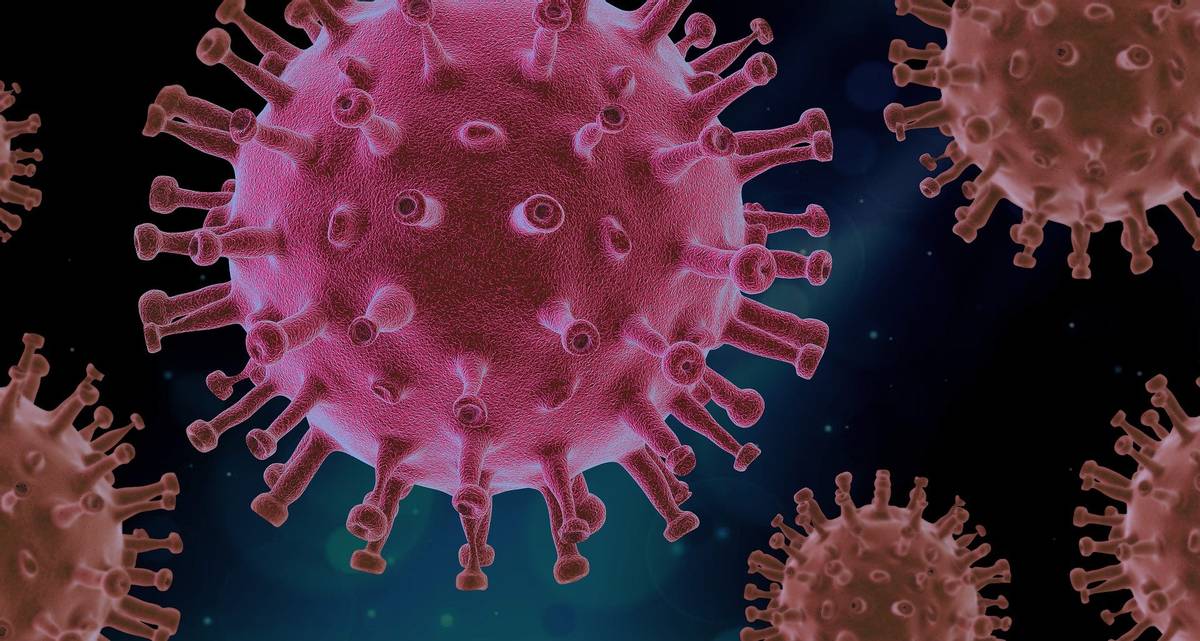As COVID-19 numbers continue to spike in India, experts have identified a new strain of the virus — a triple mutation– that is posing new challenges for researchers and the healthcare system. In triple mutation, three different COVID strains combine to form a new variant.
“This is a more transmissible variant. It is making lots of people sick very quickly,” said Madhukar Pai, professor of epidemiology at McGill University, according to ndtv.com. Maharashtra, Delhi and West Bengal are believed to have cases caused by the triple mutant.
Also read: ‘You’re not superhero’: Mumbai doctor’s warning on COVID, and an appeal
Pai added that India needs genome sequencing on war footing to counter this new strain. Genome sequencing, the study of genetic structures of an organism and the changes it is undergoing, helps experts identify origins of the virus and its mutations making treatment and vaccine research easier. It helps scientists stay ahead of the COVID curve.
According to reports, the pace of genome sequencing is very slow in India. In the first six months of the pandemic, India had done a few hundred sequences, whereas countries like China, the UK and US had done several thousands.
Also read: Young and infected: COVID-19’s new patients as India battles huge surge
India on Tuesday recorded 295,041 new COVID19 cases and 2,023 deaths. The second wave of COVID in India has been very aggressive and fast-spreading. India has overtaken Brazil and the US in the number of daily infections. Several states have imposed lockdown and restrictions amid shortages of hospital beds, oxygen and medicines.
Prime Minister Narendra Modi, in an address to the nation on Tuesday, said that the Centre was doing everything possible to ramp up medical supplies. He added that lockdown should be the last resort, the states must instead go for micro containment zones.







